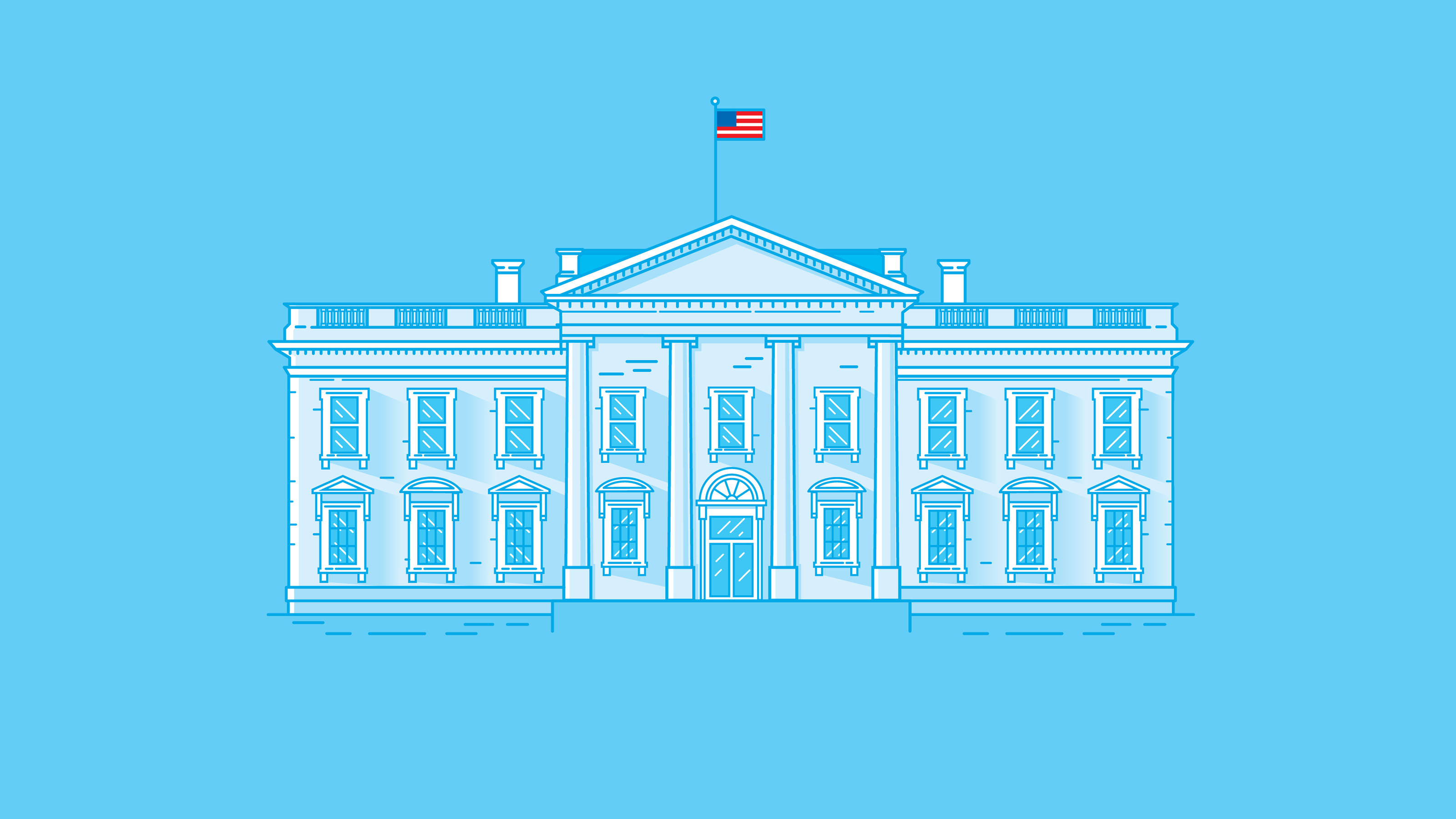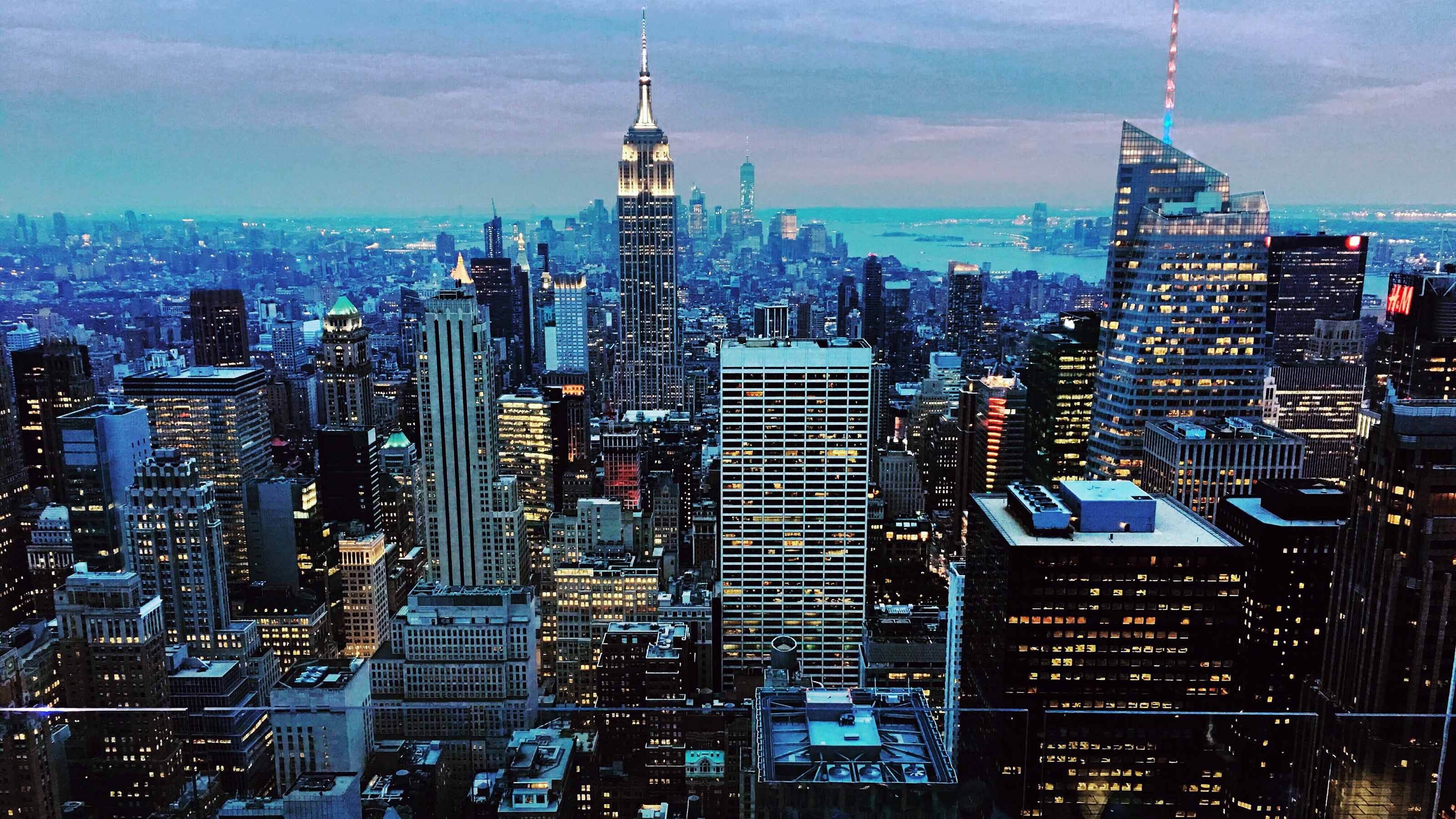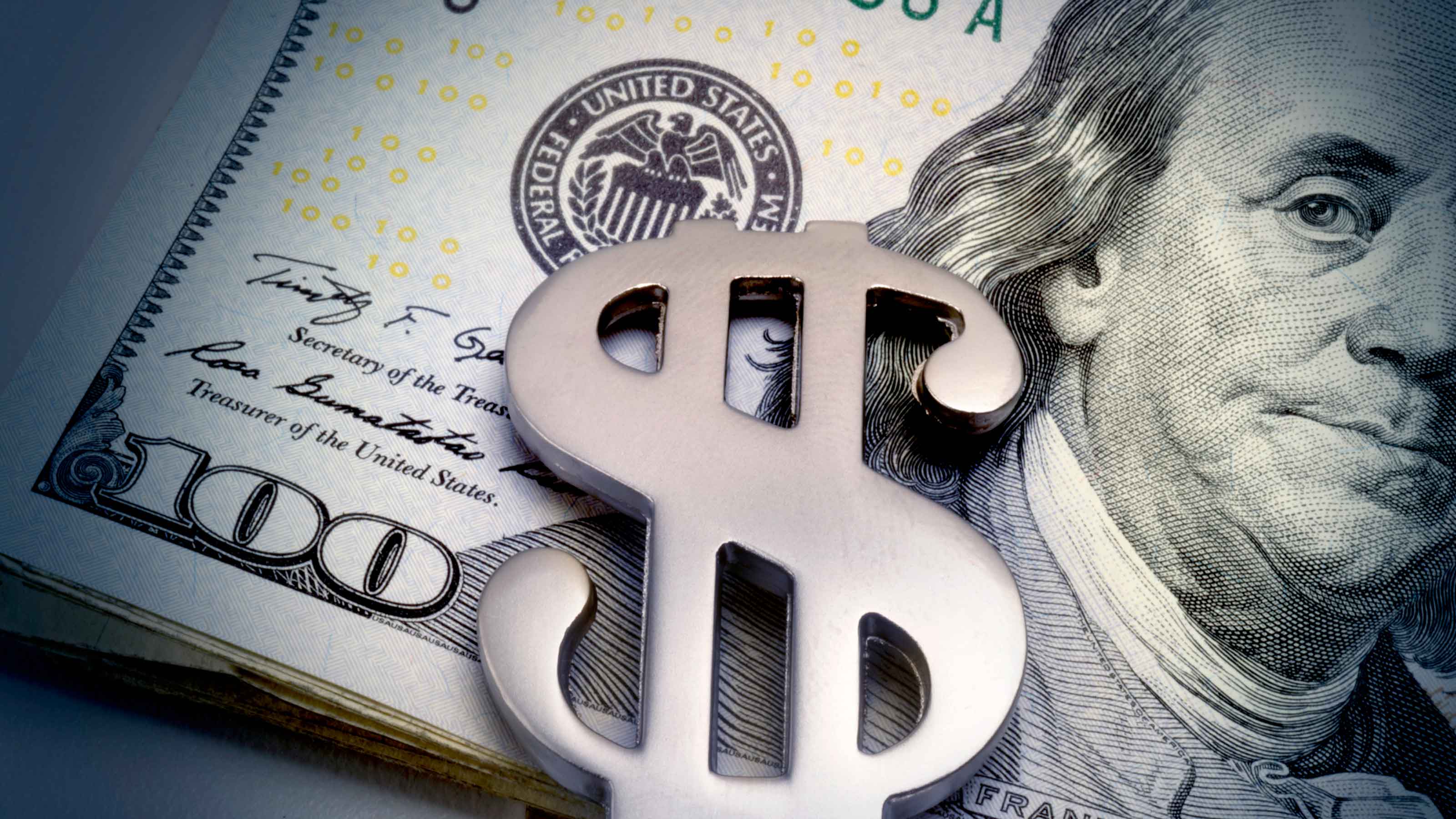Artisan's Yockey Sees a Better Year for Foreign Stocks
The veteran manager of Artisan International is loading his fund with multinational companies that benefit from growing wealth in Asia.

Profit and prosper with the best of Kiplinger's advice on investing, taxes, retirement, personal finance and much more. Delivered daily. Enter your email in the box and click Sign Me Up.
You are now subscribed
Your newsletter sign-up was successful
Want to add more newsletters?

Delivered daily
Kiplinger Today
Profit and prosper with the best of Kiplinger's advice on investing, taxes, retirement, personal finance and much more delivered daily. Smart money moves start here.

Sent five days a week
Kiplinger A Step Ahead
Get practical help to make better financial decisions in your everyday life, from spending to savings on top deals.

Delivered daily
Kiplinger Closing Bell
Get today's biggest financial and investing headlines delivered to your inbox every day the U.S. stock market is open.

Sent twice a week
Kiplinger Adviser Intel
Financial pros across the country share best practices and fresh tactics to preserve and grow your wealth.

Delivered weekly
Kiplinger Tax Tips
Trim your federal and state tax bills with practical tax-planning and tax-cutting strategies.

Sent twice a week
Kiplinger Retirement Tips
Your twice-a-week guide to planning and enjoying a financially secure and richly rewarding retirement

Sent bimonthly.
Kiplinger Adviser Angle
Insights for advisers, wealth managers and other financial professionals.

Sent twice a week
Kiplinger Investing Weekly
Your twice-a-week roundup of promising stocks, funds, companies and industries you should consider, ones you should avoid, and why.

Sent weekly for six weeks
Kiplinger Invest for Retirement
Your step-by-step six-part series on how to invest for retirement, from devising a successful strategy to exactly which investments to choose.
If you're a fan of relative performance, you'll marvel at the 2011 results of Artisan International (symbol ARTIX), which lost 7.3%. That's not much to brag about. But in last year's miserable market for foreign stocks, it counts as a minor victory for Mark Yockey, who has run Artisan since its launch in late 1995. The MSCI EAFE index surrendered 11.7% last year, and the average diversified, large-company overseas fund sank 13.3%.
The globe-trotting, San Francisco-based Yockey, 55, acknowledges that you can't eat relative performance. That said, he attributes his fine relative showing to the high quality of the stocks in his portfolio, which is filled with large, growing, multi-national companies, such as Anheuser-Busch InBev, Nestle and Unilever.
We recently interviewed Yockey to learn more about how he picks stocks and what he sees in global blue chips in particular. What follows is an edited version of our conversation, which took place in two parts -- first in Yockey's office and later when he called us from Paris.
From just $107.88 $24.99 for Kiplinger Personal Finance
Become a smarter, better informed investor. Subscribe from just $107.88 $24.99, plus get up to 4 Special Issues

Sign up for Kiplinger’s Free Newsletters
Profit and prosper with the best of expert advice on investing, taxes, retirement, personal finance and more - straight to your e-mail.
Profit and prosper with the best of expert advice - straight to your e-mail.
KIPLINGER'S: After last year's misery, how are things shaping up?
YOCKEY: I'm not a raging bull, but there are some reasons to be optimistic. The markets haven't done anything for a long period of time. A lot of the bad news is known. Things might get worse in Greece, but everyone expects Greece to exit the euro at some point. A lot of the bad news is already in the markets. Plus, the European Central Bank is being more aggressive in helping financial markets.
How much of your approach to stock picking is top down, and how much is bottom up? It's virtually all bottom up. We're looking for where we can find growth opportunities. So we look for what categories and what products are growing around the world. We look for where incomes are increasing and for companies that can participate in higher incomes on a sustainable basis.
The fastest-growing parts of the world are in Asia. Yes. We're focusing on companies that sell high-value-added things to consumers who have enough money to buy them, and a lot of those consumers are in Asia right now. Europe happens to be very good on high-end consumer goods, whether it be ties from Hermes or Louis Vuitton [owned by LVMH Moet Hennessy Louis Vuitton] or high-end booze from Diageo and Pernod-Ricard or cars from Mercedes-Benz [owned by Daimler]. We think companies like Swatch and Daimler will grow for a long time.
Any minimal growth you're looking for? No. A lot of times it's relative to expectations. If people think something's not a growth company and if it can grow at 5% or 6% a year, then it might be a great stock. If people think it's a 5% grower and it can grow at 10%, then it's even better. The other thing we like is cash flow. Does the company throw off a lot of cash? If it throws off a lot of cash, we love it.
Are you paying more attention to the big picture than you have in the past? You can't be oblivious to what's going on in the world. Everyone's worried about Italy and Spain today, but if we can find growth companies in Italy or Spain that are providing a service or a product that is going to grow regardless of the financial turmoil in that country, we'd invest.
Is there more of a tendency to look at companies that are achieving their growth outside of their home nation? Oh yes. It would be pretty hard to find a domestic-focused Greek company that would interest us. We want to find out where the growth is anywhere in the world, and then we want to find companies that can benefit from that growth. So one of the big things -- and we're not the only ones who are saying this -- is emerging markets. Incomes are growing in Asia. But our preferred way of playing emerging markets is through developed companies that participate in emerging markets.
Like a Unilever (symbol UL), for example? Yes, that's one of our biggest holdings. It throws off a ton of cash. It gets half of its sales in emerging markets. Emerging markets sales are booming for them.
Half of your assets are in Europe and England. Are the number of stocks that represent pure Europe plays minuscule? Yes, that's correct. The majority of our European stocks are multinationals with significant revenue exposure to all parts of the globe.
How do you discover these companies? We spend a lot of time looking at the business models and how companies go about running their businesses. And we like businesses that are hard to compete with and where there's pricing power. In our view, one of the best industries in the world is industrial gases. Even in 2008, when everything was collapsing, the price of industrial gases didn't go down that much. There are four players. One is Linde, a German company; another is Air Liquide, a French company [Praxair and Air Products & Chemicals are the U.S. companies]. So you have a limited number of competitors, and they tend to have long-term contracts with the firms they supply. And most of the contracts are take or pay. So even if the business shuts down, the customer still has to pay for its gas. The other great thing is that the world is moving, just as U.S. and European companies did years ago, from making their own industrial gas to outsourcing it, and that's helping these four companies.
How are these gases moved? That's the nice part. It's hard to move it around. So if you build a steel mill, Linde will build an oxygen plant next to your steel mill, so they essentially have a monopoly.
What are industrial gases used for? They're used for everything -- oxygen and nitrogen. Health care is one of the fastest-growing uses of industrial gases. Every time you drive by a hospital, you're going to see an oxygen facility outside. You use industrial gases for freezing vegetables and in steel mills. It's a great business.
What else do you like? One of our big holdings, one that we've been adding to over the past year, is Anheuser-Busch InBev (symbol BUD). It's run by Brazilians who are based in New York and St. Louis. It has half the beer market in the U.S. and 70% of the market in Brazil. Beer is highly cash-generative. Half the people in Brazil are under the age of 21. So a big chunk of InBev's business is going into the prime demographic group. InBev levered up when it bought BUD a few years ago, and now it's using the cash flow to deleverage the company. As that happens, growth accelerates.
Care to mention another name? AIA (symbol AAGIY) is a great story. It's based in Hong Kong and sells sell life insurance to Asians. The only reason we had a chance to invest in it is that our friends at AIG tried to destroy the world and they could only destroy their own company. When the government took over AIG, it made it spin off AIA. AIG was founded in Shanghai, and this business has all of its Asian assets. Incomes are growing in Asia. People want to increase their life insurance as part of their long-term savings program. AIA is selling a lot of riders for health insurance. A lot of countries have some minimal level of medical care, but if you want to eat when you're in the hospital, you need to have supplements. These guys sell all that stuff, and they're adding a lot of policies that are very profitable. The other thing is that the company was badly managed because the American guys who were running it were so busy dealing in credit-default swaps and trying to blow up the company that they took their eye off the ball and weren't managing the Asian part very well. So AIA brought in a new CEO, a guy named Mark Tucker, and he's a terrific manager, and he's got everyone focused on running the business. And you know what? Since he's come in, sales have taken off.
What's the valuation? It's trading around 12 times earnings. The company is growing about 15% long term. The stock should be trading at 15 to 16 times earnings.
You've gone through three bear markets in the past ten years. What are some of the lessons you've learned? Focusing on cash flow is really important. It's always been important to us, and it's more important today. Another thing is to stick with good companies over a long period of time. Sometimes even if the company's stock doesn't do anything for a year or two, it doesn't mean anything is wrong with the story. It just may mean investors have forgotten about it, or it's not the flavor of the month. But companies like Nestle, for example, are solid long-term-growth stories.
Profit and prosper with the best of Kiplinger's advice on investing, taxes, retirement, personal finance and much more. Delivered daily. Enter your email in the box and click Sign Me Up.

-
 How Much It Costs to Host a Super Bowl Party in 2026
How Much It Costs to Host a Super Bowl Party in 2026Hosting a Super Bowl party in 2026 could cost you. Here's a breakdown of food, drink and entertainment costs — plus ways to save.
-
 3 Reasons to Use a 5-Year CD As You Approach Retirement
3 Reasons to Use a 5-Year CD As You Approach RetirementA five-year CD can help you reach other milestones as you approach retirement.
-
 Your Adult Kids Are Doing Fine. Is It Time To Spend Some of Their Inheritance?
Your Adult Kids Are Doing Fine. Is It Time To Spend Some of Their Inheritance?If your kids are successful, do they need an inheritance? Ask yourself these four questions before passing down another dollar.
-
 White House Probes Tracking Tech That Monitors Workers’ Productivity: Kiplinger Economic Forecasts
White House Probes Tracking Tech That Monitors Workers’ Productivity: Kiplinger Economic ForecastsEconomic Forecasts White House probes tracking tech that monitors workers’ productivity: Kiplinger Economic Forecasts
-
 The 5 Best Actively Managed Fidelity Funds to Buy and Hold
The 5 Best Actively Managed Fidelity Funds to Buy and Holdmutual funds Sometimes it's best to leave the driving to the pros – and these actively managed Fidelity funds do just that, at low costs to boot.
-
 The 12 Best Bear Market ETFs to Buy Now
The 12 Best Bear Market ETFs to Buy NowETFs Investors who are fearful about the more uncertainty in the new year can find plenty of protection among these bear market ETFs.
-
 Investing in Emerging Markets Still Holds Promise
Investing in Emerging Markets Still Holds PromiseEmerging markets have been hit hard in recent years, but investors should consider their long runway for potential growth.
-
 Don't Give Up on the Eurozone
Don't Give Up on the Eurozonemutual funds As Europe’s economy (and stock markets) wobble, Janus Henderson European Focus Fund (HFETX) keeps its footing with a focus on large Europe-based multinationals.
-
 Stocks: Winners and Losers from the Strong Dollar
Stocks: Winners and Losers from the Strong DollarForeign Stocks & Emerging Markets The greenback’s rise may hurt companies with a global footprint, but benefit those that depend on imports.
-
 Vanguard Global ESG Select Stock Profits from ESG Leaders
Vanguard Global ESG Select Stock Profits from ESG Leadersmutual funds Vanguard Global ESG Select Stock (VEIGX) favors firms with high standards for their businesses.
-
 Kip ETF 20: What's In, What's Out and Why
Kip ETF 20: What's In, What's Out and WhyKip ETF 20 The broad market has taken a major hit so far in 2022, sparking some tactical changes to Kiplinger's lineup of the best low-cost ETFs.